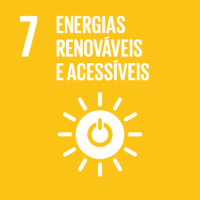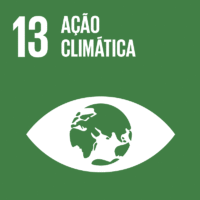Ciência_Iscte
Publicações
Descrição Detalhada da Publicação
Título Revista
Annual Review of Environment and Resources
Ano (publicação definitiva)
2023
Língua
Inglês
País
Estados Unidos da América
Mais Informação
Web of Science®
Scopus
Google Scholar
Esta publicação não está indexada no Overton
Abstract/Resumo
Buildings are key in supporting human activities and well-being by providing shelter and other
important services to their users. Buildings are, however, also responsible for major energy use
and greenhouse gas (GHG) emissions during their life cycle. Improving the quality of services
provided by buildings while reaching low energy demand (LED) levels is crucial for climate and
sustainability targets. Building sector models have become essential tools for decision support on strategies to reduce energy demand and GHG emissions. Yet current models have significant limitations in their ability to assess the transformations required for LED.We review building sector models ranging from the subnational to the global scale to identify best practices and critical gaps in representing transformations toward LED futures. We focus on three key dimensions of intervention (socio-behavioral, infrastructural, and technological), three megatrends (digitalization, sharing economy, and circular economy), and decent living standards. This review recommends the model developments needed to better assess LED transformations in buildings and support decision-making toward sustainability targets.
Agradecimentos/Acknowledgements
--
Palavras-chave
Residential and commercial,Climate change mitigation,Scenarios development,Energy demand transformation,Megatrends,Decent living standards
Classificação Fields of Science and Technology
- Ciências da Terra e do Ambiente - Ciências Naturais
- Geografia Económica e Social - Ciências Sociais
Registos de financiamentos
| Referência de financiamento | Entidade Financiadora |
|---|---|
| 101003083 | Comissão Europeia |
| 741950 | Comissão Europeia |
| 101056810 | Comissão Europeia |
Contribuições para os Objetivos do Desenvolvimento Sustentável das Nações Unidas
Com o objetivo de aumentar a investigação direcionada para o cumprimento dos Objetivos do Desenvolvimento Sustentável para 2030 das Nações Unidas, é disponibilizada no Ciência_Iscte a possibilidade de associação, quando aplicável, dos artigos científicos aos Objetivos do Desenvolvimento Sustentável. Estes são os Objetivos do Desenvolvimento Sustentável identificados pelo(s) autor(es) para esta publicação. Para uma informação detalhada dos Objetivos do Desenvolvimento Sustentável, clique aqui.

 English
English




